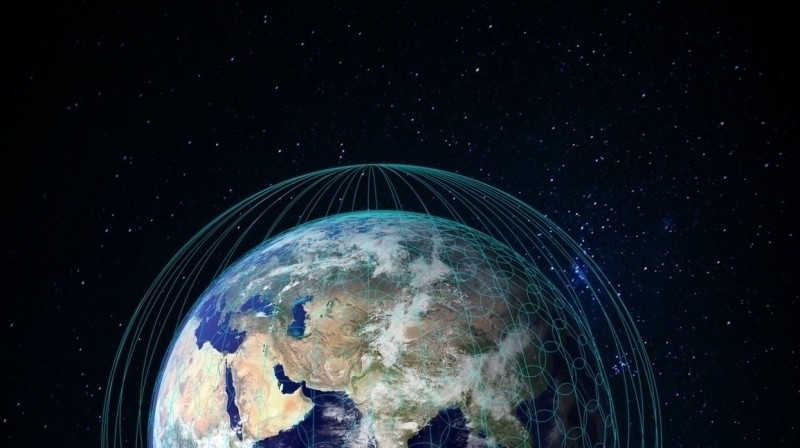SpaceX CEO Elon Musk recently asked the Federal Communications Commission for permission to launch 4,000 satellites into low Earth orbit. The satellites will eventually be used to blanket much of the globe with wireless Internet connectivity.
As The Independent points out, satellite Internet is far from a new idea. The problem with beaming a connection to the web from space right now is latency. Musk plans to reduce latency by launching his fleet into low orbit, putting the satellites closer to users on Earth.
The only issue with this approach is that putting satellites closer to the surface of our planet means more are required for the intended coverage area. Satellites in higher orbit can cover a much wider area.
Modern satellite Internet is used in extreme cases where traditional connectivity methods aren't possible (think rural residences, for example). Here lately, however, several of the world's largest tech giants including Facebook and Google have revealed intentions to connect the billions of people in remote parts of the world that have no way to get online.
More often than not, this demographic consists of some of the most economically challenged people and nations on the planet. Some are convinced that getting these people online will help better their conditions, an idea we can all get behind.
As you can no doubt imagine, launching a fleet of thousands of satellites won't be cheap and figuring out how to recoup on such an investment is debatable. The obvious answer would be through access fees and advertising but again, the target audience is poor people that may not have the money to pay for Internet access. Advertising wouldn't make much sense, either. Some of the cost would no doubt be offset by the fact that SpaceX already has the means to send satellites into space but I digress.
The aerospace company reportedly reached out to the FCC earlier this year on the matter although it's unclear if that ever actually happened.
